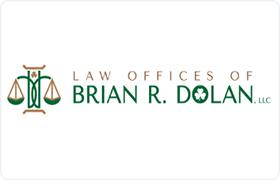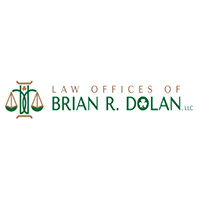Golf Wills & Probate Lawyer, Illinois
Sponsored Law Firm
-
 x
x

Click For More Info:
-
Law Offices of Brian R. Dolan, LLC
5 Revere Drive Suite 200 Northbrook, IL 60062» view mapEstate Law Your House Call Lawyer
I am available to meet with you at any time to prepare you each step of the way. I take great pride in providing these services and easing your transitions through life.
800-569-0101
Includes: Estate Administration, Living Wills, Wills
Matthew Livingston
Estate, Real Estate, Business Organization, Wills & Probate, Guardianships & Conservatorships
Matthew Livingston is a member of the Illinois Bar Association, the Chicago Bar Association, and the Illinois Real Estate Lawyers Association. Knowled... (more)
Melanie B. Hoffman
Estate Administration, Estate Planning, Guardianships & Conservatorships
Status: In Good Standing
Elizabeth Fink
Elder Law, Estate Planning, Guardianships & Conservatorships, Living Wills
Status: In Good Standing
Betsy Kadus
Wills & Probate, Government Agencies, Elder Law, Estate Planning
Status: In Good Standing
FREE CONSULTATION
CONTACTJoseph Cecala
Landlord-Tenant, Immigration, Wills & Probate, Employment Discrimination
Status: In Good Standing Licensed: 30 Years
Donald G. Olsen
Litigation, Prosecution, Estate Administration, Elder Law
Status: In Good Standing Licensed: 35 Years
Craig Frisch
Litigation, Securities Fraud , Landlord-Tenant, Wills & Probate
Status: In Good Standing Licensed: 23 Years
Daniel J. Winter
Foreclosure, Wills & Probate, Bankruptcy, Bankruptcy & Debt
Status: In Good Standing
 Brian R. Dolan Northbrook, IL
Brian R. Dolan Northbrook, IL Practice AreasExpertise
Practice AreasExpertise

